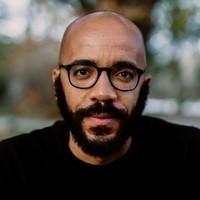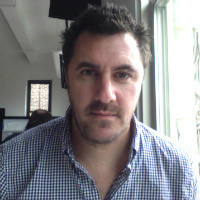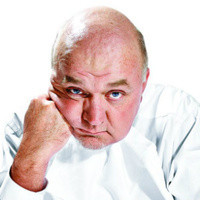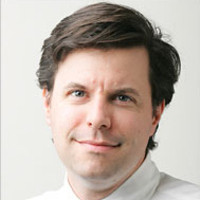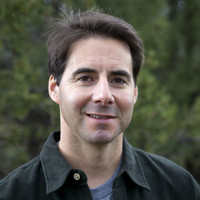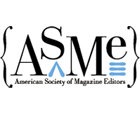Radhika Jones is the editor-in-chief of Vanity Fair and the editor of Women on Women.
“There are a lot of people who still see the value of talking to someone, having a real conversation — about the things that they’re doing, the things that they’re caring about, the things that they’re afraid of, the things that are challenging — because in that conversation, they themselves will discover things that they didn’t realize. It obviously takes courage. It’s a payoff for the reader, certainly, but I think that there are subjects who understand that there is something there for them, too.”
Thanks to Mailchimp and Pitt Writers for sponsoring this week's episode.

